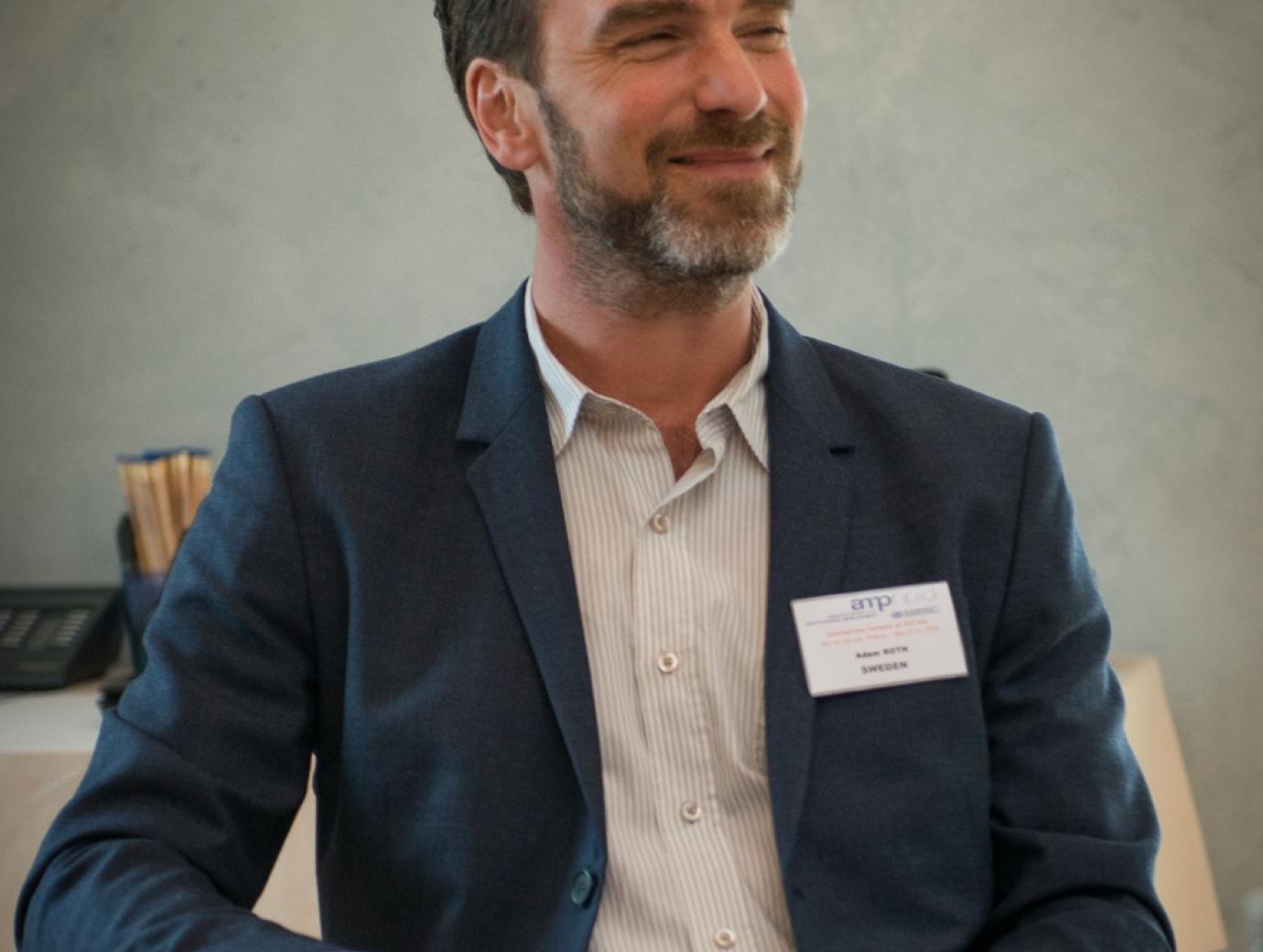The first meeting of the Swedish reference group in May 2016 marks the birth of the Swedish NITAG. Until 2015, Sweden was among the 11 countries that did not declare having a NITAG in the WHO-UNICEF Joint Reporting Form. This is no longer the case. Around the table, 12 experts, nominated by relevant Swedish institutions (Child Health Care Units, Medical Products Agency, The National Board of Health and Welfare, The Swedish Association of Local Authorities and Regions) and professional societies (Clinical Microbiology, Infectious Diseases, General Practice, Pediatrics, School nurses and doctors), and approved by the Public Health Agency, met for the first meeting of this brand new committee.
A favorable environment
In 2013, new legislation was adopted in Sweden along with a new process of decision-making for the introduction of new vaccines. For a vaccine to qualify for placement on the national vaccination program’s list, it must be “effective, socioeconomically cost effective and sustainable from an ethical and humanitarian ground.” In 2014, the Public Health Agency was created following a merger of the Swedish National Institute of Public Health (Folkhälsoinstitutet) and the Swedish Institute for Communicable Disease Control (Smittskyddsinstitutet). The Public Health Agency is now responsible for the Swedish National Immunization Program (NIP), and has taken over responsibilities previously under the National Board of Health and Welfare. The government has mandated the agency to audit and review the immunization decision-making processes.
Leading neighbors
As part of its new mandate, the Public Health Agency recommended the establishment of a NITAG-like process meeting the criteria for effective functionality applied by WHO. This was motivated by the successful efforts of NITAGs in neighboring countries, particularly Germany. Indeed the German committee, STIKO, invited representatives from the Public Health Agency to attend their meeting in 2015 and learn more about the NITAG. Adam Roth, a member of the current Secretariat for the Swedish NITAG underlines the “importance of seeing how the meeting goes, of feeling the atmosphere and of hearing how people speak their mind.” This specialist in bacteriology and virology who previously worked in Guinea-Bissau and the Pacific Islands adds: “I was impressed by the high technical level of the conversations.” For a recommendation to be issued by STIKO, the secretariat is required to conduct a comprehensive literature review that is then analyzed and discussed by NITAG members. The Swedish NITAG-like process will not replicate all the procedures from STIKO (for instance, they are not planning to implement a voting procedure) but the Secretariat aims to set up high standards in terms of preparatory work to make sure the recommendations are evidence-based.
In the Swedish NITAG-like process, the reference group will give advice concerning the NIP to the Public Health Agency, which will then issue recommendations applicable to all counties. For a major change to the NIP, such as the introduction of a new vaccine, the final decision is taken by the Swedish government. In Sweden, the vaccines recommended within the NIP are delivered free of charge, whatever the target group is. In its upcoming agenda, the NITAG is planning to develop recommendations on rotavirus and human papilloma virus vaccine for boys.
It will take some time before this newly established NITAG develops a smooth working rhythm but “we are highly enthusiastic” Adam Roth cheerfully concludes. The committee will meet twice a year and will be in contact regularly.
- Sweden


